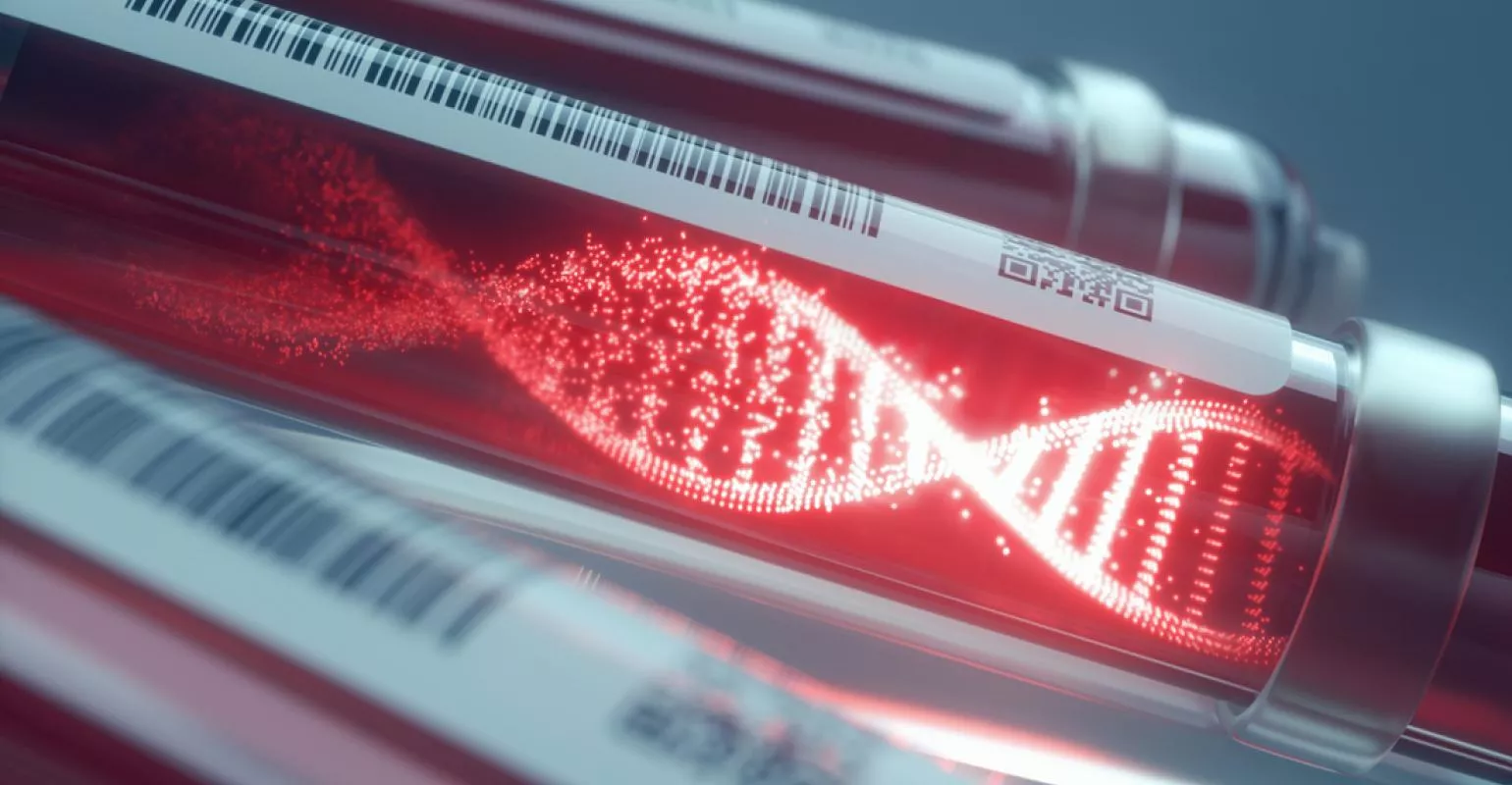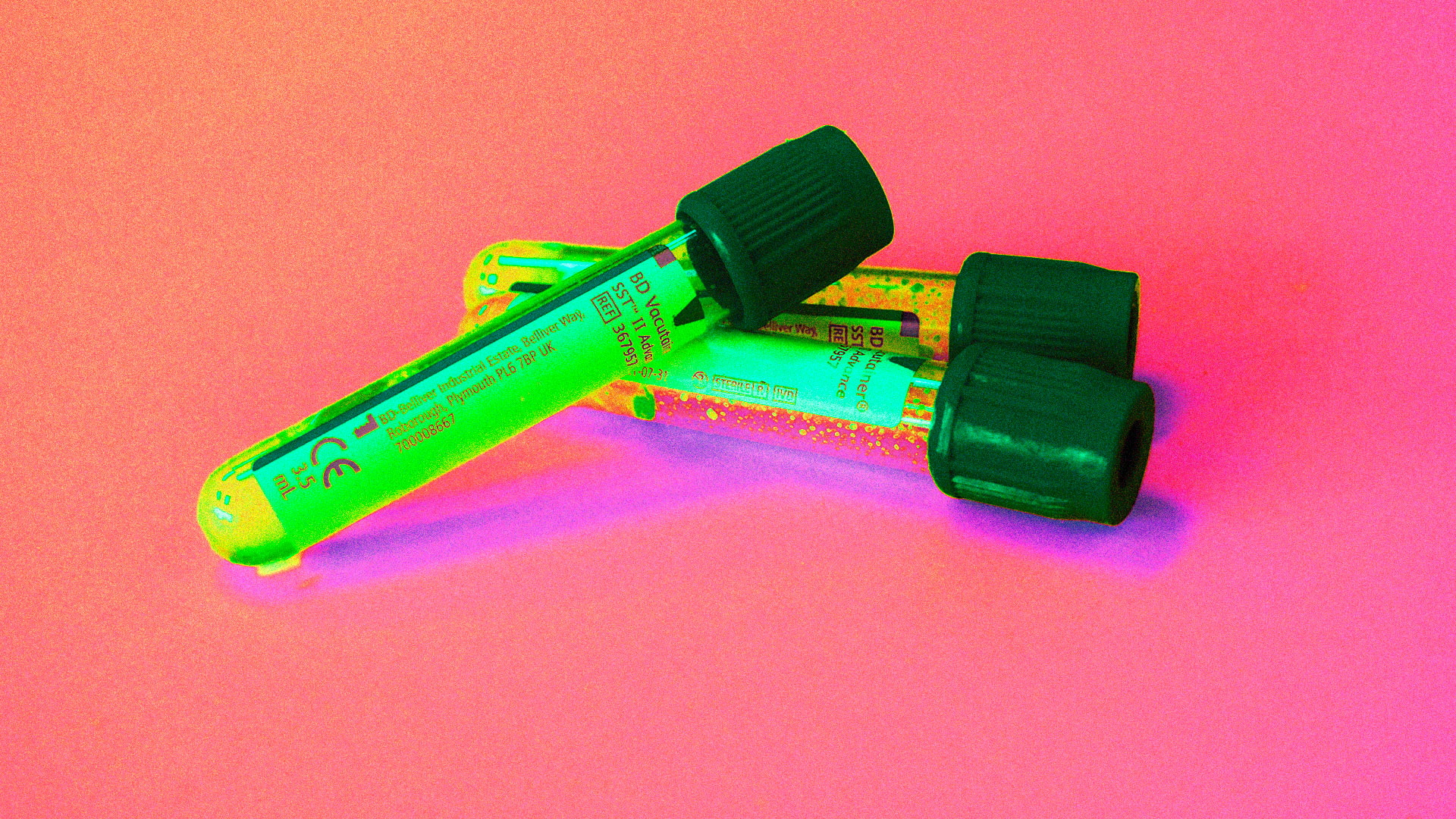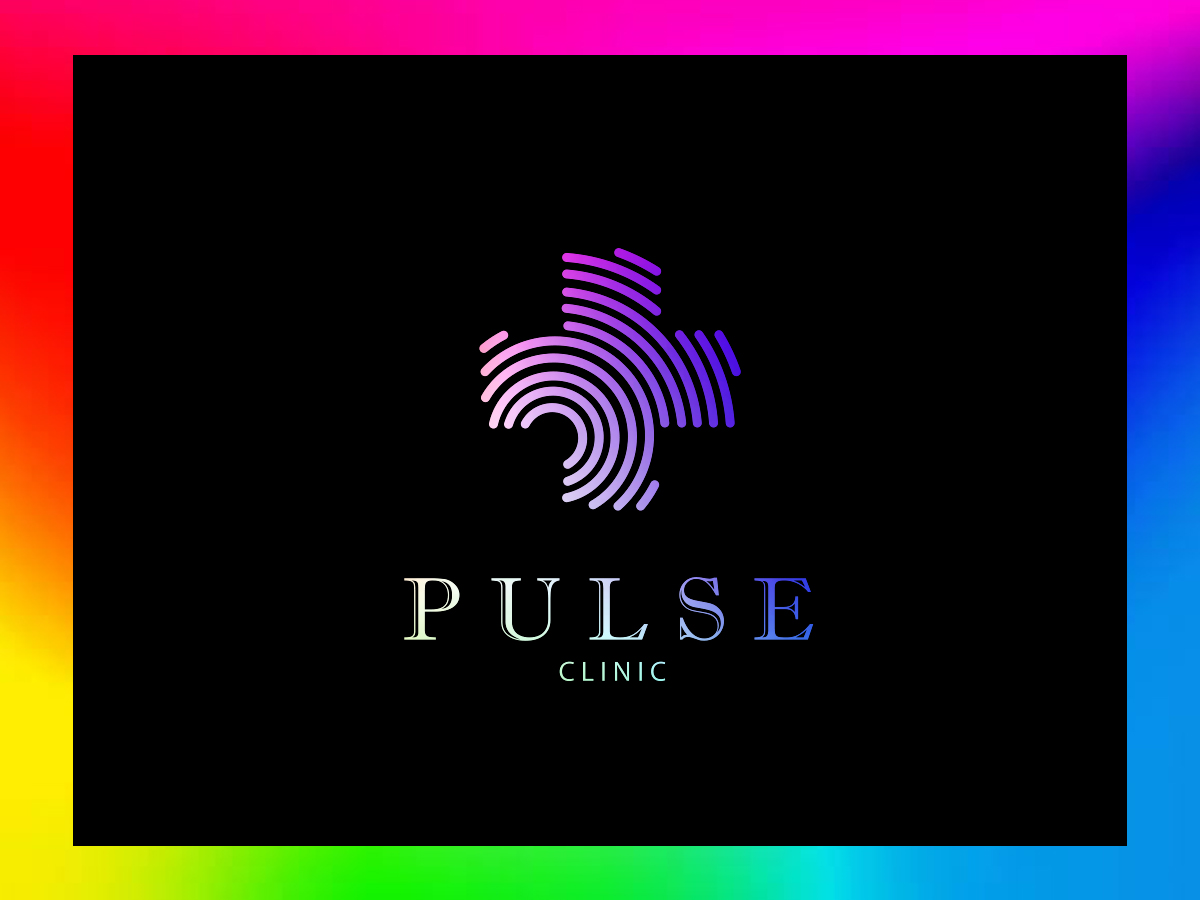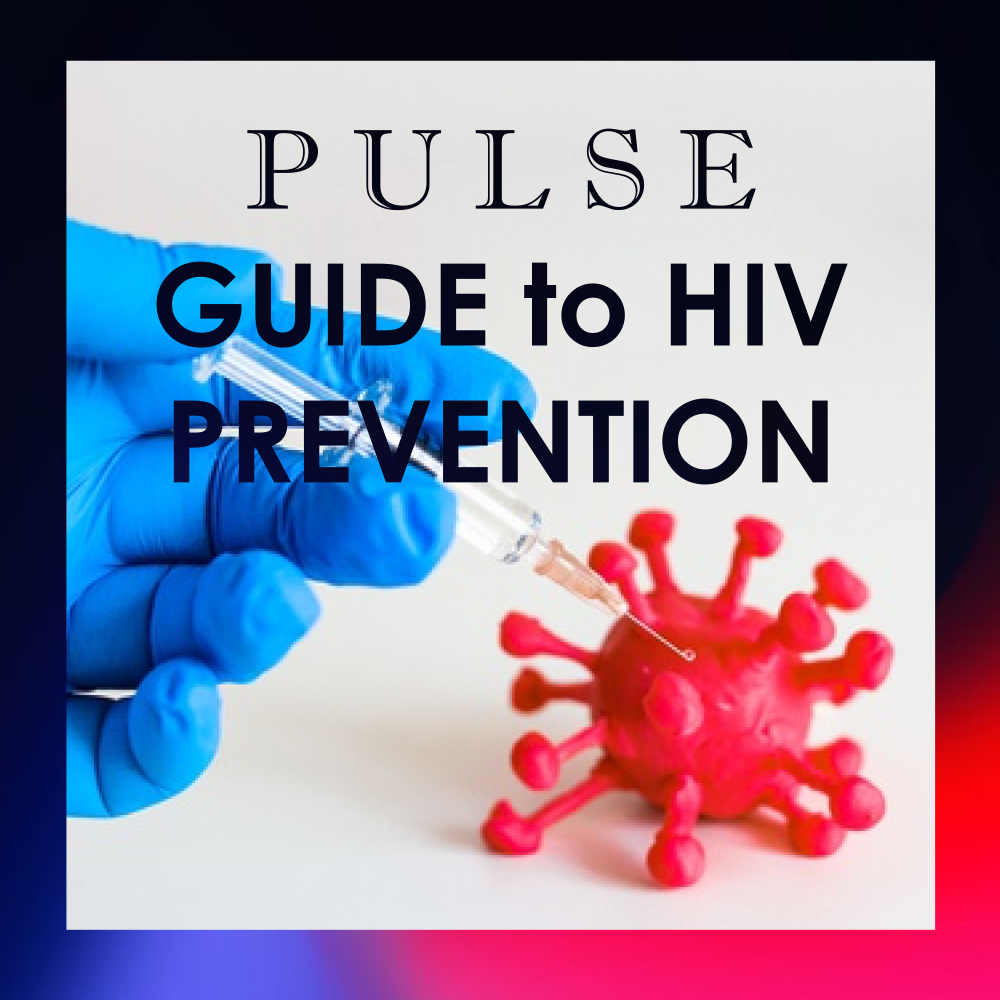HIV BASICS FOR EVERYONE
22251
IF you had SEX, you should get HIV test done at least once a year. It's just so COOL to Know your status.
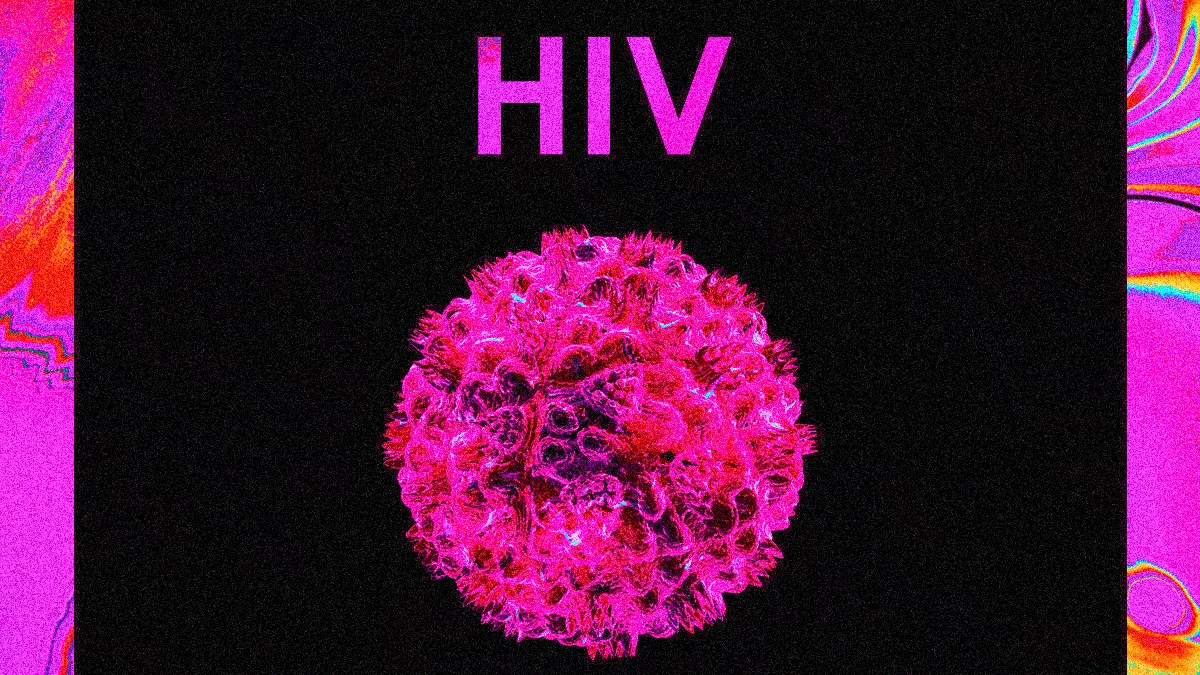
HIV BASICS FOR EVERYONE
HIV (Human Immunodeficiency Virus)
is a blood-borne virus that affects the immune system.
AIDS (Acquired Immune Deficiency)
is becoming less and less. It’s the name of a group of infections that a person can get if their immune system is severely damaged as a result of them not receiving effective HIV treatment.
HIV ≠ AIDS
and with treatment, HIV-positive people can expect to live a normal life.
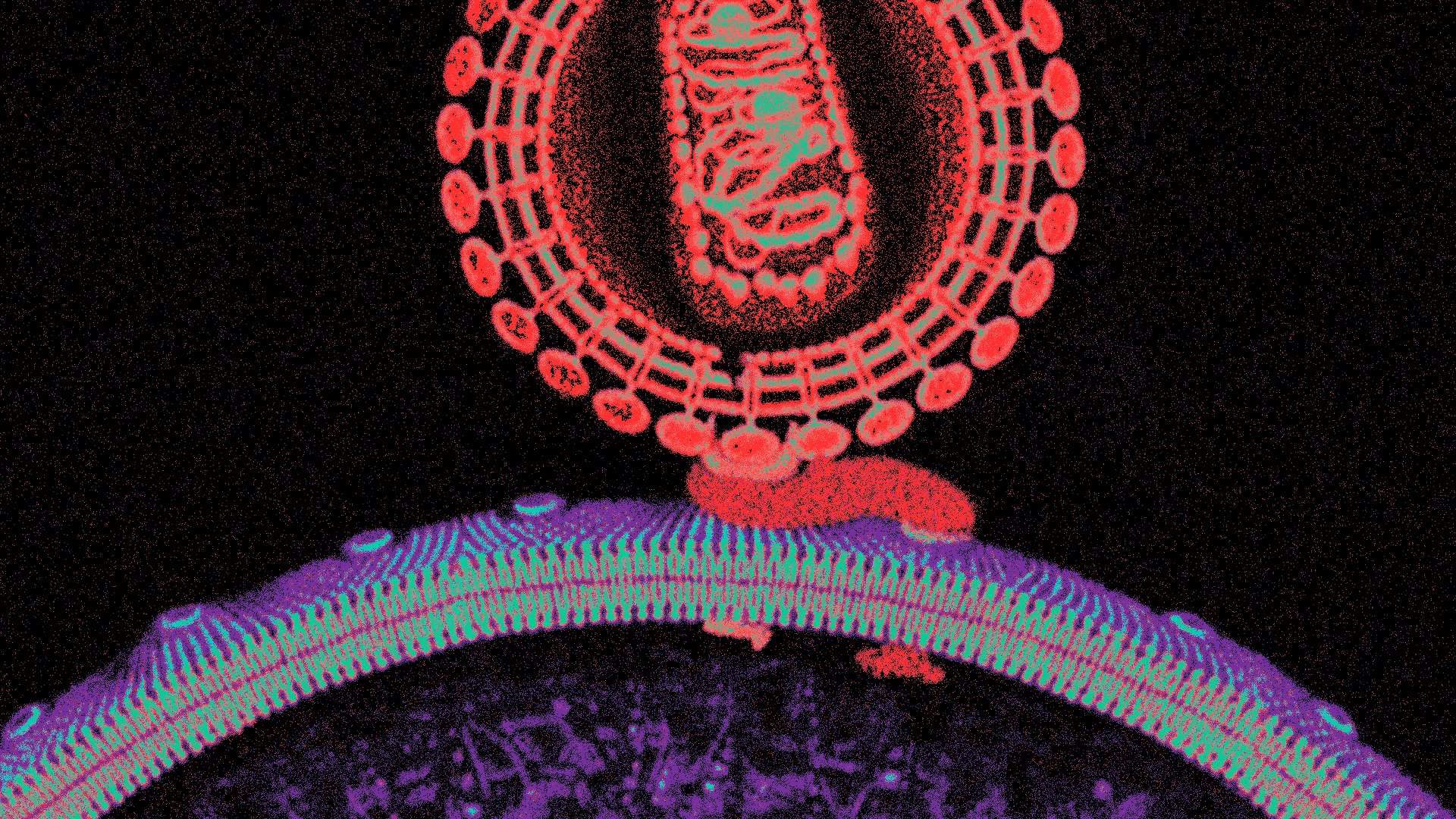
HIV INFECTION
HIV is mainly passed on through cum and blood-to-blood contact with someone who has a lot of the virus in their body.
High-risk activities include:
- Barebacking (sex without a condom)
- Long sessions (more risk of damaging the lining of your arse or vagina)
- Fucking without lube (more risk of damage to the arse)
- Sharing injecting equipment (these rates are low in Bangkok)
HIV is harder to pass on than you might think and four things need to be in place for transmission to occur:
- Exist – You or one of your fuck buddies have HIV
- Enough – There needs to be a lot of the virus in their body (i.e. they’re not on treatment)
- Exit – It needs to leave their body (through cuts, blood, precum, cum, and anal mucous in men)
- Entry – It needs to get into a negative person’s blood (through barebacking, cuts, abrasions, etc.)
Without just one of those four things HIV transmission is not possible.
HIV dies pretty quickly once it leaves the body (unlike Hep C)
At least half of people in Thailand who know they have HIV are on treatment meaning the virus is suppressed or undetectable. These people can not pass on the virus to other people. (Ask them for undetectable viral load less than 20 copies, they will be showing you proudly. Be happy for them and their fuck buddies.) For this reason, the majority of new infections come from people fucking bareback who don’t know they have it or people who don't get tested!
Different Stages of HIV Infection
The difference between HIV and AIDS is that HIV is the virus that causes AIDS. AIDS is a syndrome, or a set of clinical signs and symptoms caused by late-stage HIV infection, especially in the presence of opportunistic infections. Shortly after a person is infected with HIV, he or she may experience ARS (Acute-Retroviral Syndrome). This can just be a flu-like illness, with symptoms of fever, sweats, sore throat, etc. There is also a high risk of concurrent STD infection. STD screening and rapid HIV testing are important to ensure early diagnosis and treatment. Anonymous HIV testing is available at select clinics
STAGE 1: ACUTE HIV INFECTION
Acute HIV Infection occurs within 2 – 4 weeks after exposure. During this stage, Human Immunodeficiency Viruses will multiply rapidly, and start attacking the body's immunity system by destroying CD4 cells.
An individual will typically experience Flu-like symptoms, HIV rash, HIV fever, and other HIV signs and symptoms. HIV transmission risk at this stage is the highest.
Acute-Retroviral Syndrome:
As the whole body is reacting to fight off HIV, one may experience a variety of symptoms affecting all bodily systems. Some other Sexually Transmitted Diseases STDs may display similar signs and symptoms to HIV. Comprehensive STD testing is available to diagnose those STDs.
General HIV Symptoms
- Fever
- Night Sweats
- Lethargy
- Malaise
- Swollen Lymph Nodes
- Weight loss
Signs and Symptoms of Skin
- Rash (HIV Rash)
- Ulcer on the penis, vaginal and other parts of the body
Digestive HIV Symptoms
- Nausea,
- Diarrhea,
- Loss of Appetite
Neurological HIV Symptoms
- Headache
Musculoskeletal
- Muscle aches
- Joint aches
Some guys won’t have any symptoms for years; while others go through a seroconversion illness a few weeks after contracting HIV. The symptoms of this illness can include any or all of the following:
Flu-like symptoms, Fever, Rashes, Sore throat, Swollen glands, Vomiting and diarrhea.
The seroconversion illness varies in severity and usually lasts a couple of weeks; afterward, a person will recover and feel as healthy as they normally do. If HIV isn’t tested for and treated, a person’s health will start to fail within the next decade. They might notice skin problems, stomach issues, or oral thrush, but as their immune system becomes more damaged they are at risk of conditions like pneumonia, brain infections, and certain cancers. It’s important to say that this is very rare nowadays, and it can be easily avoided with regular HIV testing and treatment.
STAGE 2: ESTABLISHED HIV INFECTION (Asymptomatic HIV infection or Clinical Latency)
During the Chronic HIV Infection phase, HIV reproduces at a lower level. HIV-related signs and symptoms will disappear. The immunity system will gradually be weakened and destroyed. It will take a few years before the HIV infection progresses to Acquired Immune Deficiency Syndrome (AIDS) or the last stage.
If a person living with HIV is undergoing Highly Active Antiretroviral Therapy (HAART) or HIV Treatment, the infection at the chronic stage can be suppressed. The person needs to adhere strictly to the HIV treatment regime.
STAGE 3: ACQUIRED IMMUNO DEFICIENCY SYNDROMES (AIDS)
At this phase, the CD4 for a person living with HIV has fallen drastically. In other words, a person’s immunity is severely damaged by HIV. With weak immunity, a person is prone to getting serious infections or bacterial and fungal diseases that otherwise be able to fight off. These sorts of infection and diseases are called Opportunistic infection (OI).
Contact us at info.bkk@pulse-clinic.com or chat on your preferred platform:
![]() +66 65 237 1936
+66 65 237 1936  @PULSEClinic
@PULSEClinic ![]() PulseClinic
PulseClinic
Trust PULSE CLINIC to take care of your health like other 45000 people from over 130 countries. We provide discreet professional service with high privacy. Here to help, not to judge.
Test Often. Anonymous HIV Testing.
Anonymous HIV testing is when you get tested for HIV without having to tell your name, NRIC numbers, or contact numbers. No personal data are recorded, even your positive results of the HIV tests. It will not be reported to the government. You will be required to fill in a form and anonymous questionnaire so that you can provide details about yourself but all details will be kept strictly confidential. Upon registration, you may have to provide your email address because test results can be sent to your given email address but if you prefer that your result is told verbally, that can be done too.
Treat Early. Early HIV Treatment leads to long healthy living.
HIV treatment has come a long way, with breakthroughs happening every year.
Medication is taken daily, often just one pill a day, and includes a combination of three different antiretroviral drugs that control the virus in different ways.
See a doctor every 6 months for regular check-ups to make sure everything is perfect. Today, most people with HIV will experience no short or long-term side effects from their HIV treatment.
A newly diagnosed guy can expect to start treatment early, even on the same day same visit at PULSE Clinic.The treatment usually suppresses their viral load (the amount of virus in their body) to undetectable levels (UVL), meaning they will live a long and healthy life and be very unlikely to transmit the virus to others. Treating early is recommended.
U=U. Undetectable Viral Loads mean untransmittable.
When an HIV poz guy is taking treatment (“antiretroviral therapy” or “ART” for short) the amount of HIV in his body (known as his ‘viral load’) can be reduced to a level that is ‘undetectable’. This means the treatment has suppressed the virus from replicating, making it almost impossible to be passed on if you’re barebacking or into higher-risk play. It also means HIV is not multiplying so reduces harm to your body. The studies that back up this information show this is true as long as a person’s meds are taken daily and after they have had an undetectable or suppressed viral load for 6 months or more.
Use Protection. Reducing HIV Risks.
Sexually adventurous men make up 35% of all new HIV diagnoses but it can be easy to avoid getting infected or passing it on if we use some form of protection:
- Undetectable viral loads in Poz guys on treatment are proven to make transmission almost impossible
- PrEP, when taken daily by negative guys, is proven to make transmission almost impossible
- PEP, taken 72 hours after a possible infection can help prevent catching HIV after a potential exposure
- Condoms stop cum with HIV in it getting into your body. Go to PULSE Clinic to get free condoms of all sizes.
- Lube reduces the chances of damage to the arse lining
- Matching HIV Statuses to only barebacking with guys with the same status as you can lower your risk (remember any current test result is only accurate for your status three months ago)
- Strategic Positioning means a Neg guy only topping a UVL Poz guy bareback (it reduces your risk, but not by much)
- Relationship Agreements could be put in place, meaning a couple decides to only fuck raw with each other and use condoms with everybody else
- Pulling Out before you cum reduces risk, but not by much – precum and anal mucous can contain high levels of HIV is the person’s not on treatment
- Using your own, clean injecting equipment, not sharing, and using a new fit each time
Know Your Status
The more you fuck, the more you need to test. For us sexually adventurous guys it’s best to test every three months for HIV, a small sample of blood is taken and the doctor or nurse will probably do a syphilis test at the same time.
In Asia, some clinics, including PULSE Clinic Bangkok, Phuket, Hong Kong, and Kuala Lumpur offer a rapid finger prick test as well, the results of these are delivered back to you within 20 minutes. This test has high sensitivity, high specificity and high accuracy. DO IT NOW !!!
HIV & Other STDs/STIs. Know Your Status.
Having an STI like syphilis, chlamydia or gonorrhea in your arse or throat can make it easier to pick up HIV.
Most infections in the throat and in the arse aren't show symptoms. You only know it by getting easy painless throat SWAB and butt SWAB, the test will look for DNA of all bacteria and viruses. The SWAB PCR tests are the best test available these days and it is available every day at PULSE Clinics.
STIs can cause inflammation of that area which increases the risk of the virus entering the body and getting into your blood.
If you’re Poz and not on treatment having another STI can cause a spike in your viral load, making it easier to transmit the virus to someone else. If you have UVL, a spike is unlikely.
Most Poz guys get an STI check-up at least every time they get their bloods taken by their doctor; it’s a nice, easy way of staying on top of your health and look after your partners and fuckbuddies.
HIV & Hep C
If you’re HIV positive, Hep C can cause damage to your liver faster than in someone without HIV and have higher concentrations in your blood and cum.
Having an HIV and Hep C co-infection doesn’t mean that you can’t treat both viruses, but your doctor may have to consider which medications are best for you to take. This could mean switching your HIV treatment to a combination that is proven to be less harmful to your liver. You should always talk to your doctor about this.
Check with your doctor before taking herbal supplements, like St Johns Wort, as they can have an adverse reaction combined with your treatment.
Hep C and HIV may both be treated with a class of drug called protease inhibitors and these can make taking party drugs like Ice, MDMA and Cocaine much more dangerous. The protease inhibitor affects your kidneys and liver, so the other drugs aren’t flushed out as usual; instead they build up in the body to dangerously high levels.
Our doctors are completely open-minded. Talk to our doctors about your partying, so he/she can provide you the best management plans to take the best care of your personal lifestyle and to be on top of your health.
Contact us at info.bkk@pulse-clinic.com or chat on your preferred platform:
![]() +66 65 237 1936
+66 65 237 1936  @PULSEClinic
@PULSEClinic ![]() PulseClinic
PulseClinic
#BuyPrEPonline#iwantprepnow#PrEPatPULSE#PulseClinicBKK#PrEPinBangkok#prepinKL#prepinMalaysia
#prepinPhuket #prepinHongKong #prepasian
Add us on Line and stay in touch.
Loading...
Clinic Locations
Loading...



